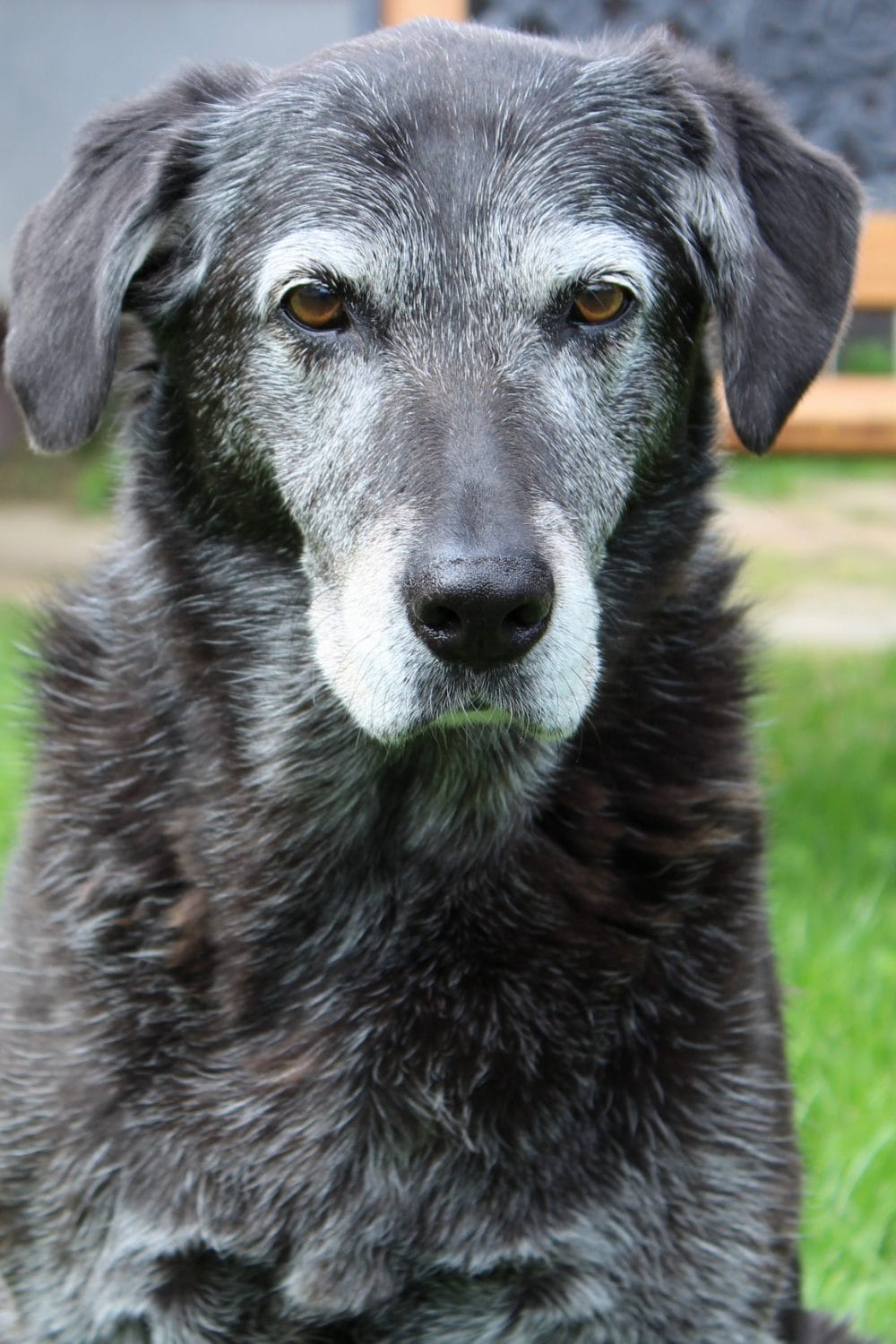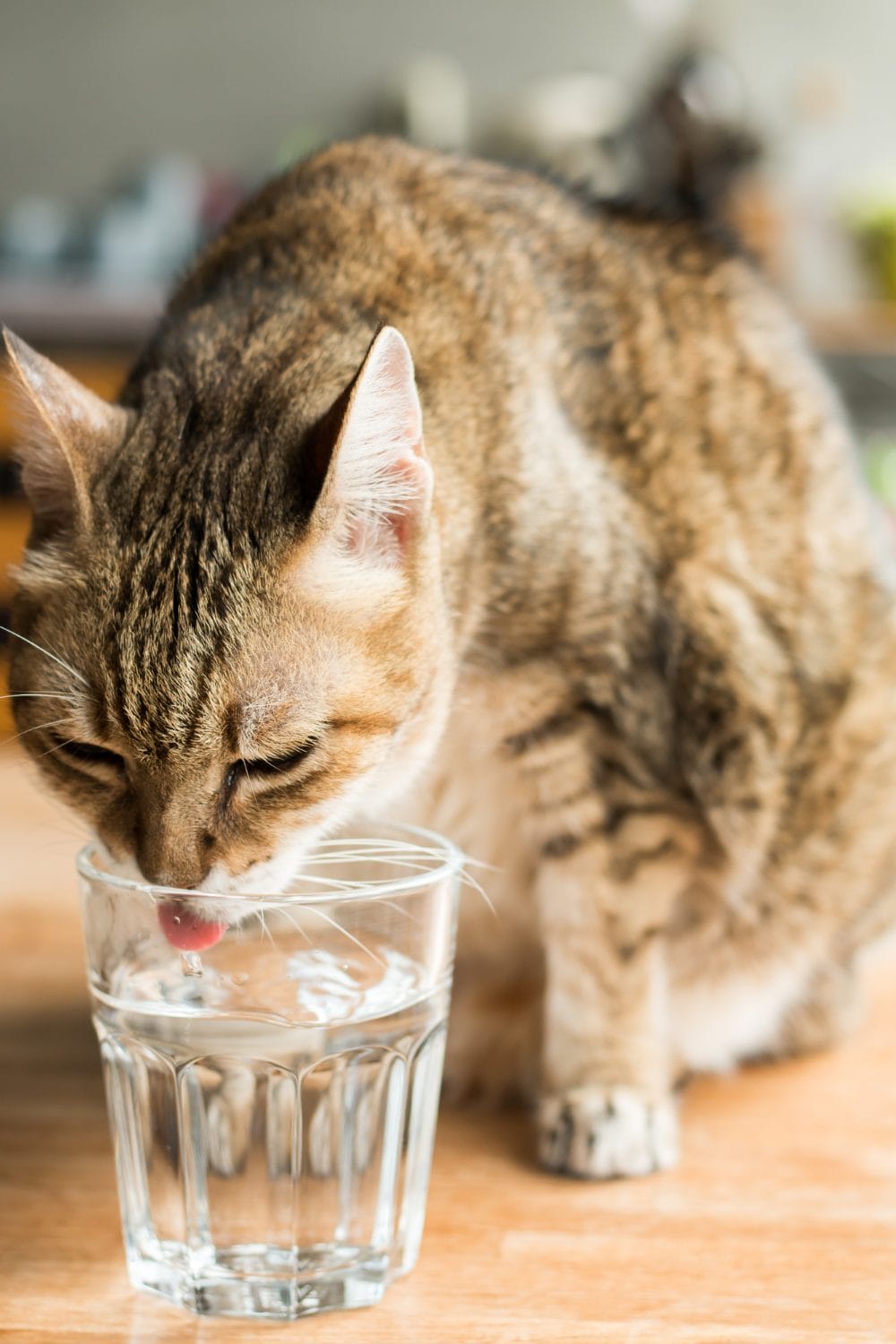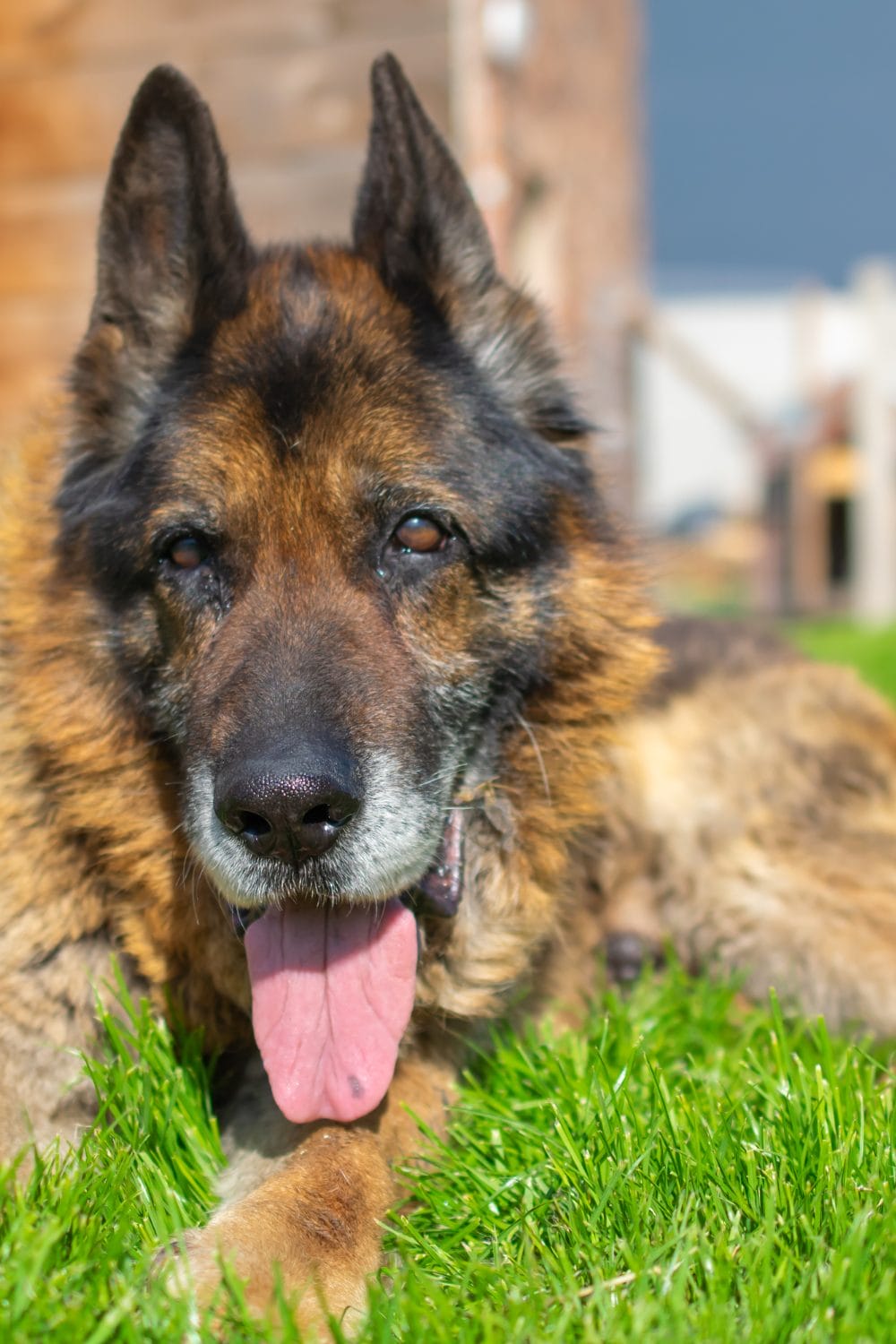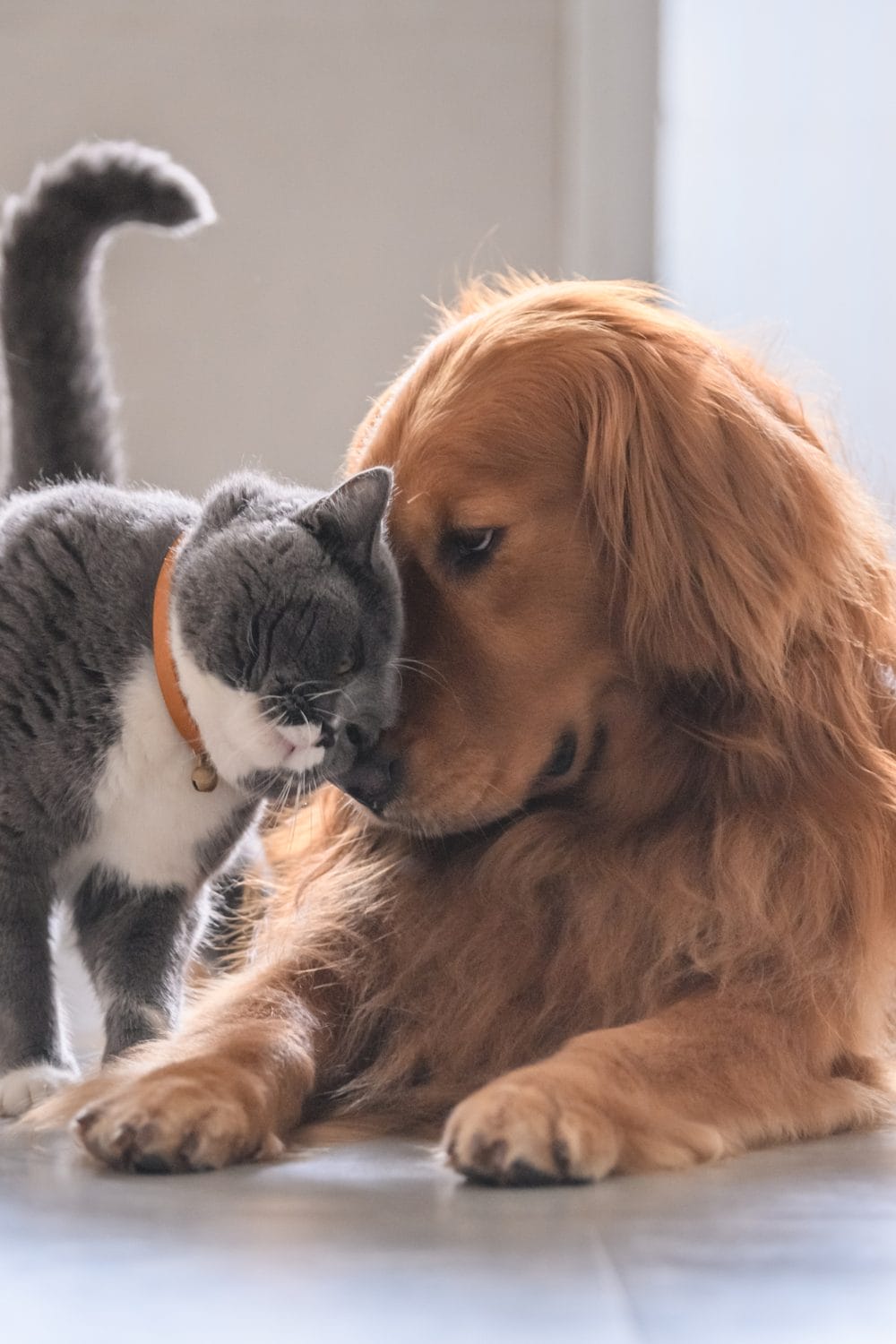
As our beloved pets grow older, they require a different level of care and attention.
Caring for Aging Dogs and Cats, experience changes in their physical and emotional needs. Caring for aging pets can be a rewarding journey that strengthens your bond with your furry companion.
In this guide, we will explore the unique challenges and rewards of caring for senior pets and provide practical advice to ensure their twilight years are as comfortable and joyful as possible.
The History of Pet Companionship
The relationship between humans and pets dates back thousands of years. Dogs were among the first animals domesticated, serving as hunting partners and protectors.
Cats, revered in ancient cultures like Egypt, were valued for their ability to control pests and later became cherished companions.
Over centuries, pets have become integral members of our families. As veterinary medicine has advanced, pets are living longer lives, bringing the unique challenge of catering to their senior years.
This shift emphasizes the need for awareness and strategies to address the specific needs of aging pets.
The Significance of Caring for Senior Pets

Senior pets have given us years of loyalty, love, and companionship. Providing proper care in their older years is a way to honor that commitment.
Aging pets often face health challenges such as arthritis, vision loss, hearing decline, and cognitive dysfunction.
Proper care can alleviate discomfort, enhance their quality of life, and even extend their lifespan.
Moreover, caring for senior pets can deepen the emotional connection you share. They may be slower and require more patience, but the gratitude and love they show make the effort profoundly fulfilling.
How to Care for Aging Dogs and Cats?
Regular Veterinary Checkups
As pets age, their risk of developing chronic illnesses increases. Schedule regular veterinary visits—at least once every six months—to monitor their health. These checkups should include:
- Blood work
- Urinalysis
- Dental exams
- Weight monitoring
Manage Mobility Issues
Arthritis and joint pain are common in senior pets. To help:
- Provide orthopedic beds
- Install ramps or stairs to assist with climbing
- Consider supplements like glucosamine and chondroitin
- Consult your vet about pain management options.
Adapt Their Living Environment
Create a comfortable, safe space for your aging pet. Ensure:
- Non-slip mats on slippery floors
- Easy access to food, water, and litter boxes
- Quiet areas for rest

Monitor Their Diet
Nutritional needs change as pets age. They may require:
- Fewer calories to prevent weight gain
- Enhanced nutrients for joint and immune health
- Specialized diets for conditions like kidney or heart disease
Exercise and Mental Stimulation
While senior pets may not be as active, they still need gentle exercise to maintain muscle tone and mental stimulation to prevent cognitive decline. Try:
- Short, frequent walks for dogs
- Interactive toys and puzzle feeders for both dogs and cats
Maintain Dental Health
Dental issues are common in aging pets and can lead to pain or systemic infections. Regular dental cleanings and home care, such as brushing teeth or dental chews, are essential.
Watch for Behavioral Changes
Behavioral changes can indicate health issues. Be alert for signs such as:
- Increased aggression or withdrawal
- Excessive vocalization
- Confusion or disorientation
Discuss these changes with your veterinarian to address underlying causes.
Mistakes to Avoid When Caring for Senior Pets

Neglecting Regular Vet Visits
Skipping checkups can delay diagnosis of treatable conditions.
Overlooking Weight Management
Obesity exacerbates many health issues, including arthritis and diabetes.
Ignoring Dental Health
Poor oral care can lead to pain and systemic infections.
Failing to Adjust Their Lifestyle
Caring for Aging Dogs and Cats need modifications in exercise routines and living environments.
Not Recognizing Pain Signs
Many pets hide their pain. Look for subtle signs like reduced activity or appetite changes.
Diet Tips for Aging Dogs and Cats

As pets age, their dietary needs change, and providing them with the right nutrition is crucial for their health and quality of life.
Here are some essential dietary considerations for senior dogs and cats:
Prioritize High-Quality Proteins
Older pets often face challenges in maintaining muscle mass.
Including high-quality, easily digestible proteins in their diet can help sustain muscle strength without putting undue strain on their kidneys.
Opt for sources such as chicken, fish, or specially formulated senior pet foods that balance protein levels for aging animals.
Incorporate Omega-3 Fatty Acids
Omega-3 fatty acids, found in fish oil or flaxseed, are excellent for supporting joint health and reducing inflammation.
Ensure your pet consumes essential health supplements to alleviate arthritis symptoms and improve mobility, helping your senior pet stay active and comfortable.
Increase Dietary Fiber
Digestive health can decline with age, leading to issues like constipation.
Adding fiber-rich foods or supplements to their diet can promote regular bowel movements and improve overall gut health.
Consider pet-safe fruits, vegetables, or specialized fiber additives.
Monitor Sodium and Phosphorus Intake
Excessive sodium can exacerbate heart conditions, while high phosphorus levels can strain aging kidneys.
Selecting low-sodium and phosphorus-controlled foods is particularly beneficial for pets with existing heart or kidney issues, ensuring their diet supports overall health.
Opt for Age-Specific Formulas
Many reputable pet food brands offer senior-specific formulas designed to meet the unique nutritional requirements of aging dogs and cats.
These formulations often include balanced protein, essential vitamins, and joint-supporting nutrients, providing a convenient way to cater to your pet’s changing needs.
Conclusion

Caring for aging dogs and cats requires compassion, patience, and vigilance.
By understanding their unique needs and providing tailored care, you can ensure your senior pet’s golden years are filled with love and comfort.
The effort you put into their well-being will be rewarded with their unwavering loyalty and affection.
FAQs
Dogs are typically considered senior around 7 years old, though larger breeds may age faster. Cats are generally classified as senior around 10 years old.
Yes! While they may not have the energy of their younger days, gentle play and short, regular exercise sessions are beneficial for their physical and mental health.
Signs include confusion, disorientation, changes in sleep patterns, and reduced interaction with family members. Consult your vet for management strategies.
Ensure easy access to essentials, use non-slip rugs, and provide comfortable bedding. Minimize obstacles and hazards to prevent injuries.
Not always. Unintended weight loss can indicate underlying health issues like dental problems or organ dysfunction. Schedule a vet visit if you notice significant weight changes.
- Dogs Pooping Blood: A 2026 Guide for Concerned Pet Parents - February 23, 2026
- How to Celebrate a Dog’s First Birthday on a Budget: 2026 Guide - February 18, 2026
- Best Shampoo for Sensitive Skin Dog Grooming: 2026 Guide - February 12, 2026


GIPHY App Key not set. Please check settings